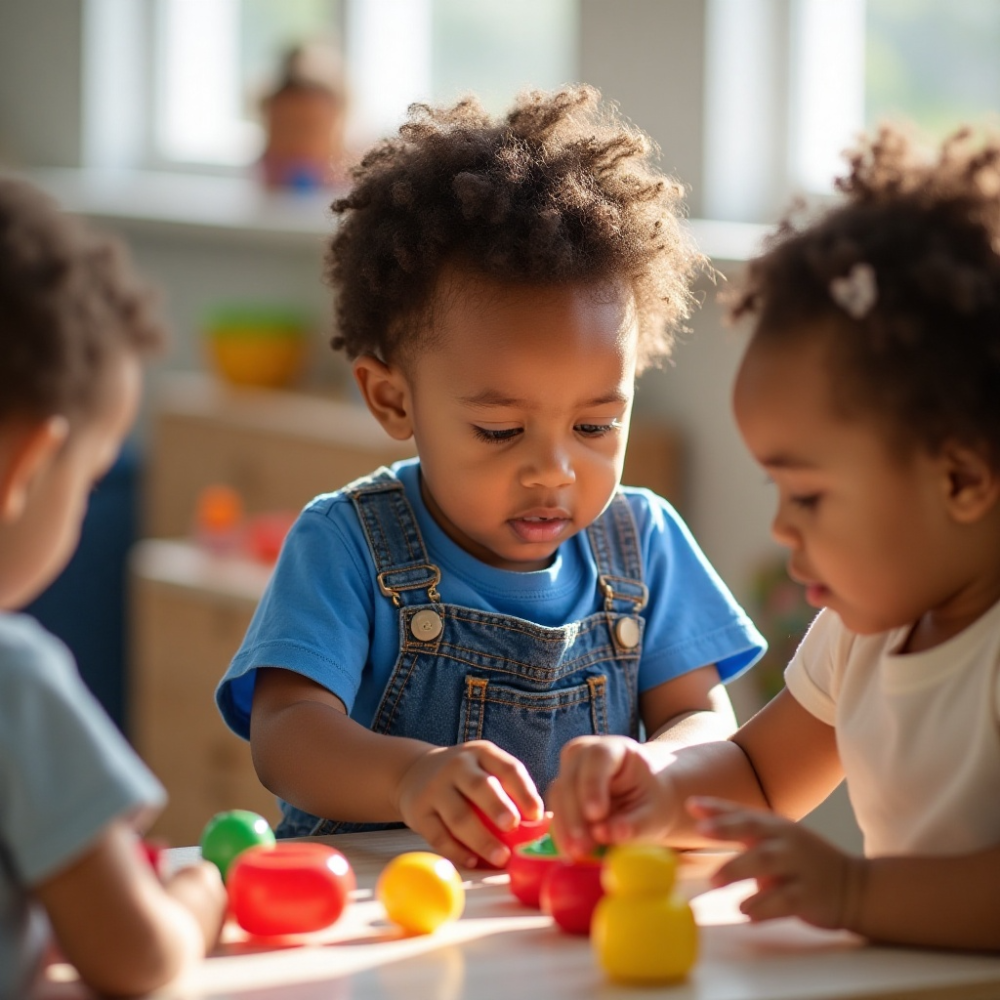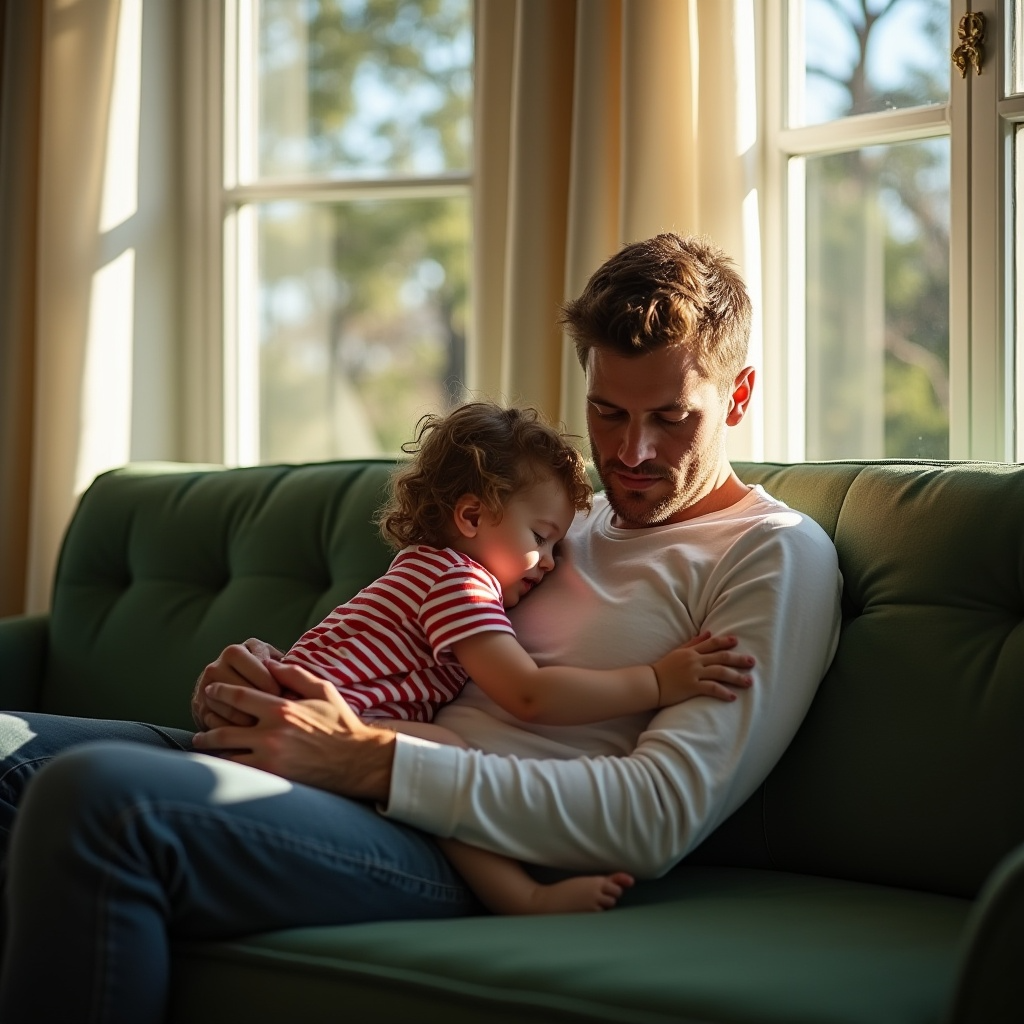
Many educators — and parents — have asked this question at some point:
“Why does a child behave so differently at daycare compared to how they act at home? Is it normal? Does the child have two personalities?”
The short answer is: Yes, it’s normal. But to truly understand why this happens, we need to look deeper into child development and how children respond to the environments they grow up in.
Children Aren’t Being “Two-Faced” — They’re Adapting
Young children are incredibly sensitive to their surroundings and the relationships they build. They don’t have split personalities; instead, they adapt their behavior based on what they feel and what’s expected in different settings.
At daycare, children are part of a group. There are routines, rules, and social expectations like sharing, waiting turns, and following instructions. In this environment, children often display more self-regulation and cooperation. They may seem calmer, more agreeable, or more emotionally controlled.
At home, however, the situation is different. This is the child’s safe space — where they feel most emotionally secure. At home, they may express their full range of emotions more freely. This could look like meltdowns, being more defiant, or seeking more attention. While it might be frustrating at times, this behavior is actually a sign that the child feels safe enough to let their guard down and express themselves honestly.
Emotional Development and Navigating “Two Worlds”
In early childhood, children are still learning who they are and how to interact with the world. Their behavior is influenced by several factors, including:
The structure and routine of each environment
The type of relationships they have with adults (parents vs. educators)
The level of attention they receive
The sense of control they feel in each setting
For example, a child might behave more “obediently” in daycare because they recognize the structure and feel a clear distinction in authority. At home, they may assert more independence and test boundaries — again, because it feels safe to do so.
What Educators Can Do
1. Observe and document behavior
Educators have a unique window into a child’s social and emotional development. Observing and noting daily behavior helps identify patterns and growth. Sharing these observations with families supports a shared understanding of the child’s progress.
2. Communicate clearly and positively
Families may not know how their child behaves in a group setting. Offering simple, positive examples — like “Today, Maria shared her toy without being asked” or “Driton waited patiently in line” — gives valuable insight into the child’s emotional development.
What Parents Can Do

Parents should know: if your child “acts out” more at home, you’re not doing anything wrong — it’s actually a sign that they feel emotionally secure with you.
Acknowledge their emotions: Tantrums or meltdowns at home are a natural way for children to release the tension of the day. They are still learning how to regulate their feelings.
Stay involved: Ask about your child’s daily routine, social interactions, and behavior in group settings. This can help you better understand what they’re learning and how they’re adapting.
Reflect structure at home: If possible, mirror some of the structure from daycare — like regular mealtimes, rest periods, or clean-up routines. Familiarity helps children feel more settled.
Children are not being manipulative or difficult when they behave differently in various settings. They are simply responding to their environment in ways that are developmentally appropriate. As adults, our role is to observe, guide, and support them through these changes with empathy and consistency.
By understanding this dynamic, parents and educators can work together to create a stronger sense of security, helping children thrive both at home and in group care environments.

ChildcareInsights only allows advertisers that are either state licensed, or have an exemption, on our website.